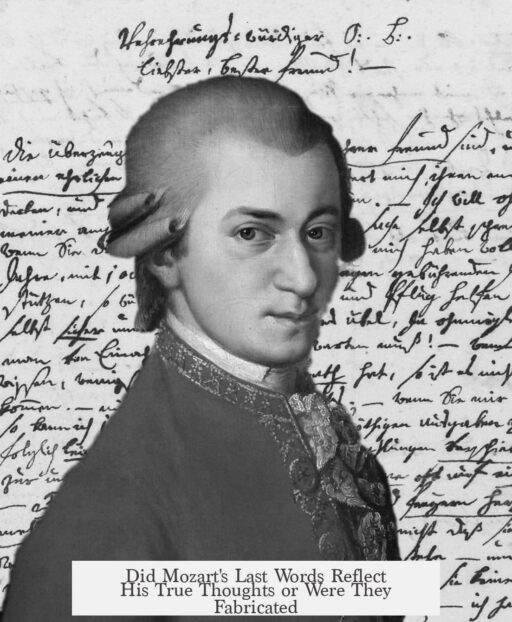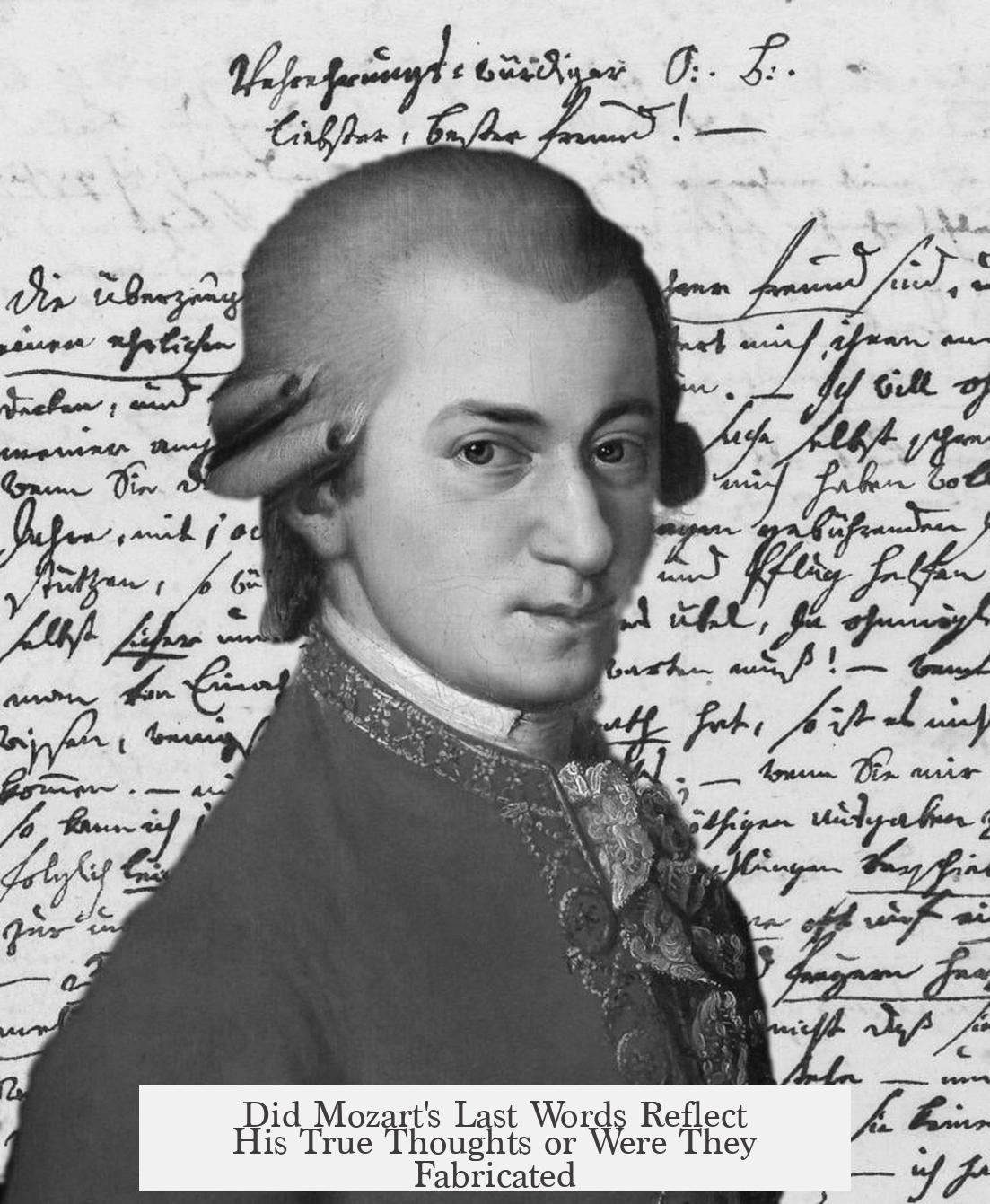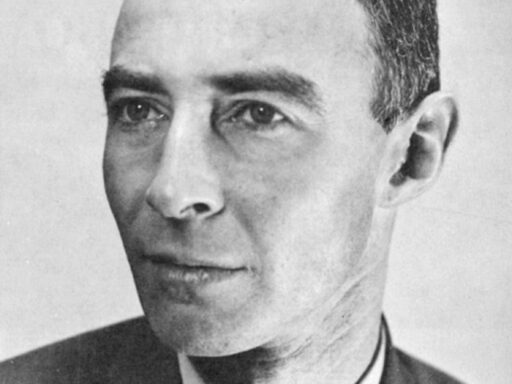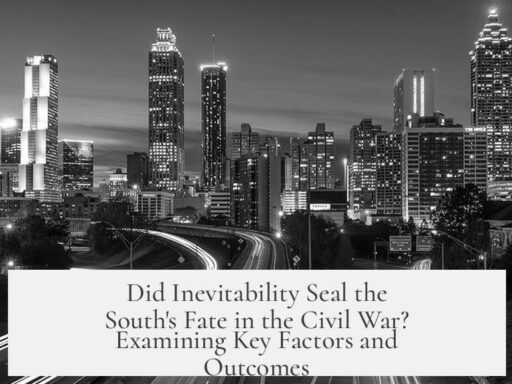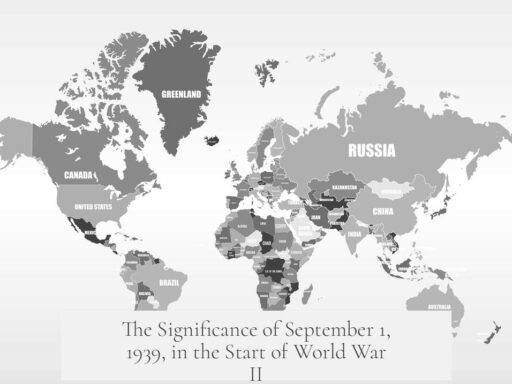The so-called “last words” of Wolfgang Amadeus Mozart, often quoted as a mystical or profound statement, are largely fabricated. There is no credible historical evidence supporting the popular version of his final utterance, which gained traction primarily through a 2006 Wikipedia addition lacking any reliable source. This passage, never grounded in verified accounts, was subsequently disseminated across the internet, including educational platforms and quote anthologies, before being removed from Wikipedia in 2007 due to its dubious nature.
Investigations into this quotation reveal it likely originated as Wikipedia vandalism. Its combination of partly authentic and entirely invented elements sets it apart from other fabricated quotes, which typically have traceable origins. The phrase “I feel something that is not of this earth”—commonly attributed to Mozart’s deathbed—is absent from trustworthy biographies and contemporary accounts. Instead, credible sources indicate his “taste of death” was described differently, with the phrase located “on his tongue” rather than “on his lips,” and no mention of supernatural sensations.
The dissemination of this inaccurate quote reflects challenges in digital information legitimacy. Once added to a high-traffic Wikipedia article, it spread rapidly, amplified by authors and content creators who failed to verify origins. Although the quote was eventually removed, it still appears on platforms like Wikiquote, illustrating how false information can persist even after correction.
The broader historical context of Mozart’s last days contradicts the romanticized or sensationalized portrayals associated with fabricated last words. Early biographers Franz Niemetschek and Georg Nikolaus von Nissen, who gathered testimony from Mozart’s widow Constanze and her sister Sophie Weber, provide most of the established narrative.:
- In August 1791, during a visit to Prague for the premiere of La clemenza di Tito, Mozart was already ill but maintained periods of good humor and social interaction.
- Upon returning to Vienna, Mozart’s health deteriorated, and he exhibited signs of gloom and introspection.
- According to Constanze, Mozart spoke about death and expressed a belief that he had been poisoned, reflecting his psychological distress.
Recent scholarly reassessments question the traditional narrative of Mozart’s final months as dominated by decline and despair. Musicologist Cliff Eisen, overseeing the updated edition of Alfred Einstein’s biography by Abert, notes the selective nature of evidence often cited to portray Mozart’s last days. Much of the posthumous testimony is biased, influenced by personal and financial interests, and not entirely reliable.
In fact, Mozart’s letters from November 1791 reveal a man engaged and in relatively high spirits. Constanze’s earliest reports do not speak of Mozart’s Requiem composition as a burden or a premonition of death, but rather as an artistic pursuit motivated by his interest in church music.
It is important to recognize the complications introduced by Constanze’s role. She had reason to disseminate sentimental and sensationalist versions of Mozart’s final days, partly to support fundraising efforts for the unfinished Requiem. Therefore, not all contemporary accounts should be accepted at face value.
The combination of later romanticized interpretations, uncritical repetition of unsourced quotes, and the intrinsic challenges of verifying precise historical speech contribute to the persistent mythologizing of Mozart’s “last words.”
| Aspect | Fact/Assessment |
|---|---|
| Origin of Popular Quote | Wikipedia insertion, 2006; no source; removed in 2007. |
| Authenticity | Unsupported by early biographies; partly fabricated. |
| Traditional Accounts | From wife Constanze and sister Sophie; some emotional but not supernatural. |
| Recent Scholarship | Suggests selective and biased testimonies; Mozart’s last months not consistently bleak. |
| Role of Constanze | Potentially sensationalized narrative for financial/social reasons. |
- Mozart’s famous “last words” quote lacks historical basis and is likely fabricated.
- The popular phrase entered public knowledge through unsourced online edits, notably on Wikipedia.
- Eyewitness and biographical accounts describe Mozart’s death more prosaically, without supernatural expressions.
- Recent scholarship highlights biases and selective reporting by early biographers.
- Efforts to romanticize Mozart’s death have influenced misinformation spread.
